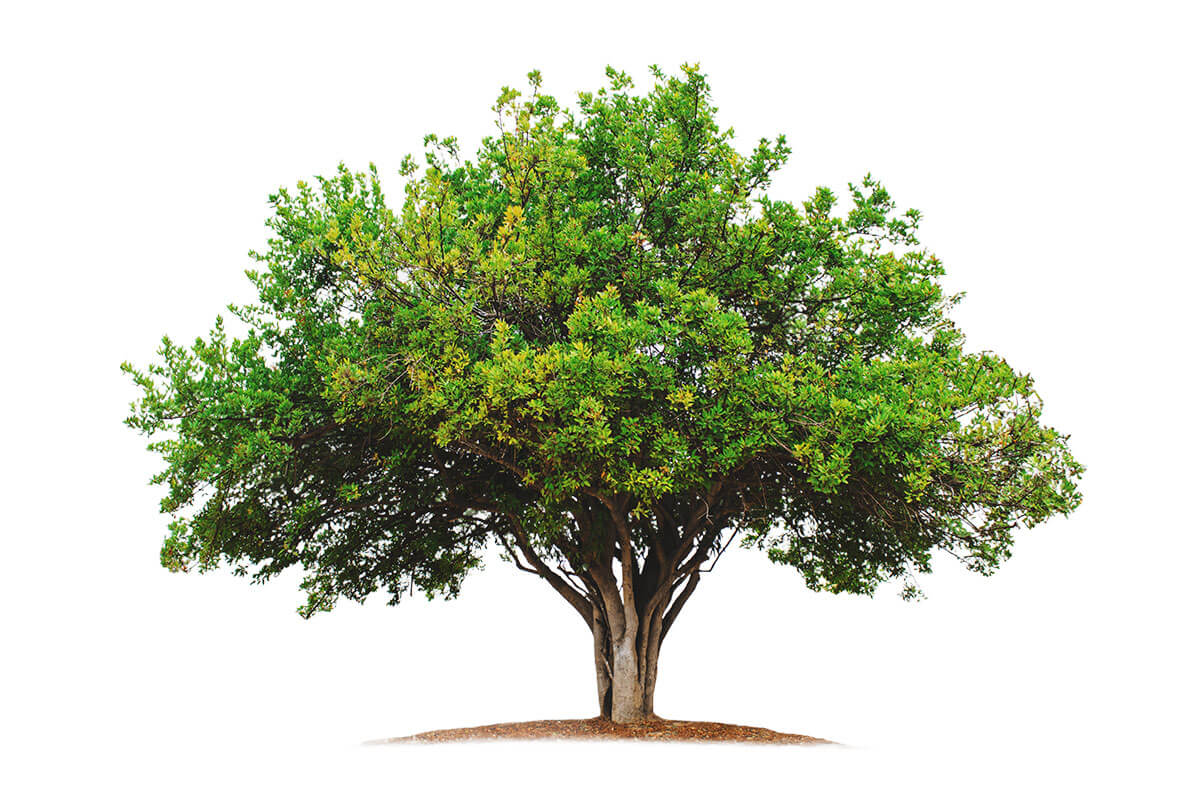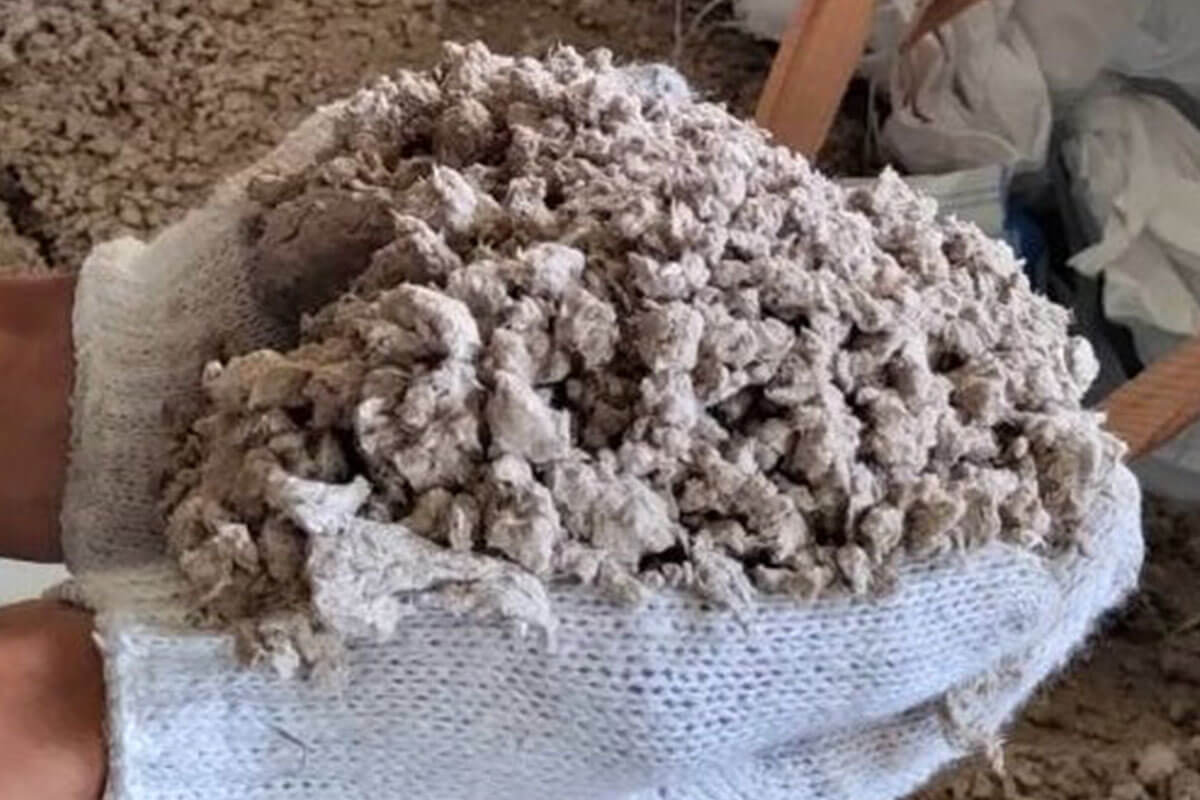
Sustainability

Sustainability

Sustainability
Advancing sustainability is the core purpose of Conwood. From our origins designing building solutions that conserve forests, Conwood is evolving to respond to growing environmental challenges. Today, we’re dedicated to refining our production processes to create low-waste, low-emission and safe building solutions that minimize environmental impact, both now and for generations to come. We’re constantly innovating to improve, but here you can learn what we’re doing now.
Materials
Conwood was born out of a need to slow deforestation in Thailand. We developed a wood alternative that could reduce our reliance on trees as construction material. However, we recognize, as 8% of global emissions, cement also impacts the planet, accelerating the warming of the climate. As a result, we’re on a journey to transform the way we use our materials.
Not all cement is equal. Together with our parent company, Siam City Cement, we have transitioned away from portland cement to hydraulic cement. This enables us to reduce our clinker content—the greatest source of carbon emissions in cement.
More than 50% of our fiber pulp is derived from local recycled materials such as cellulose left from milk packaging, helping to reduce waste and transport-associated emissions. Additionally, Conwood Indonesia is trialling the use of local waste fiber from palm oil plantations, specifically Empty Fruit Branches (EFB). EFB is a palm oil byproduct that is typically underutilized; we are collaborating with local companies to turn this waste into a valuable resource. This not only provides a more sustainable raw material but also reduces dependence on increasingly scarce alternatives like waste paper (DLK). Conwood is continuing to work with Indonesian government bodies, such as Balai Besar Selulosa Indonesia and Badan Riset dan Inovasi Nasional (BRIN), to further explore and develop more sustainable fiber sources.


Waste Management
Conwood implements an efficient waste management system, reusing 100% of process water, heat and dust, reducing energy consumption and resource use. In particular, the waste dust we generate during production is recycled, helping to reduce the use of new calcium carbonate by 13%. Conwood also ensures that no wastewater is discharged from its facilities. All wastewater from the production process is treated and reused. Additionally, leftover material from the cutting process is sent to INSEE Ecocycle, where it is fully recycled for cement production, ensuring zero waste from our cutting operations.
Energy
Conwood is committed to transitioning to clean energy solutions throughout our production process. Phase 1 of this journey has involved the installation of 1.25MW of solar panels, enough to power over 1,000 homes. Additionally, Conwood has moved from internal combustion forklifts to electric forklifts, reducing diesel consumption by more than 48,000 liters annually. This shift not only lowers carbon emissions but also improves air quality for our staff within the factory.
Green Label Certifications
For over a decade, Conwood has held the Singapore Green Label, administered by the Singapore Environment Council (SEC). The Green Label identifies products that meet stringent environmental requirements across the product’s life cycle, including material composition, production methods, usage, and recyclability.
In 2024, Conwood achieved another milestone with the Gold Green Label Certification from the Green Product Council Indonesia. This award recognizes our innovations in reducing air emissions, hazardous waste, and improving water conservation, product serviceability, as well as occupational health and safety.
In Thailand, Conwood is the first and only fiber board product with the Green Label Certification (Cement Board: TGL-47-11). This certification underscores our leadership in sustainable building materials in the Thai market.
Together, these certifications stand as testaments to our ongoing dedication to sustainability, pushing us to raise the standards we continuously strive towards.



